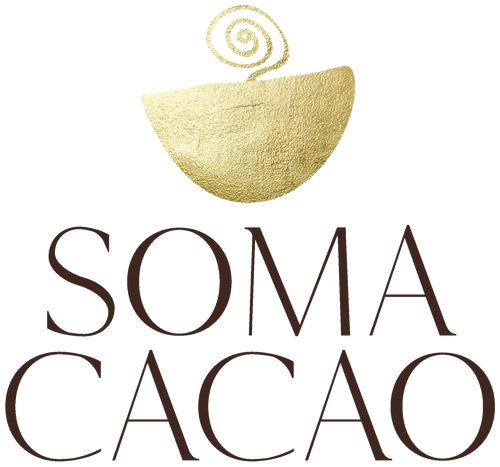The Illusion of Fair Trade: A Closer Look at Developed-World Guilt

The Illusion of Fair Trade: A Critical Analysis of Cacao Production and Certification
In recent years, the appeal of fair trade certification has grown, especially for ethically conscious consumers seeking to support sustainable practices. However, beneath the surface, the reality of fair trade is complex, often failing to deliver on its promises. This post critically explores whether fair trade actually empowers cacao farmers or merely serves as a marketing tool to alleviate consumer guilt.
The Gaps Between Fair Trade’s Intentions and Reality
Limited Economic Impact on Farmers
Research shows that the economic benefits of fair trade are often minimal. Studies estimate that only a small fraction of the fair trade premium makes its way to farmers, with much of the revenue lost to administrative costs and middlemen. In fact, some data suggests that farmers earn as little as $0.04 per day from fair trade participation, challenging the narrative of meaningful income improvement (Sustainable Living Association, 2019). Furthermore, fair trade organisations do not guarantee that all certified products will be sold at premium prices, leaving farmers vulnerable to market fluctuations.
Ongoing Challenges of Inequity
A significant issue is that fair trade-certified cooperatives, rather than individual farmers, control the distribution of premiums. While cooperatives can provide bargaining power and community benefits, they also introduce layers of bureaucracy, reducing transparency and fair income distribution. As a result, fair trade does not always eliminate exploitation; instead, it risks reinforcing existing inequalities within the supply chain (Dame Cacao, 2022).
Ethical Dilemmas: Is Fair Trade a Marketing Tool?
While fair trade seeks to address systemic inequality, critics argue that it largely functions as a tool to appeal to developed-world consumers. The model often leads to a "price floor" that ensures fair trade goods—such as coffee or cacao—are priced as premium products, even when quality does not always meet consumer expectations. This limits fair trade’s accessibility to broader markets and raises concerns about whether it serves as a token gesture for wealthier consumers rather than creating systemic change (Fairtrade America, 2014).
Cacao Production: A Case Study in the Shortcomings of Certification
The global cacao trade exemplifies many of fair trade’s challenges. Despite fair trade efforts, between 73% and 90% of cacao farmers earn below the living income threshold, with many still trapped in poverty. This harsh economic reality reflects a persistent undervaluation of cacao in global markets, rooted in historical exploitation dating back to colonial practices (Fairtrade International, 2022).
In Australia, wholesale Peruvian cacao—with fair trade and organic certifications—dominates the ceremonial cacao market, leading to competitive pricing pressures. However, the quality of this cacao often disappoints, highlighting the disconnect between certifications and product excellence. This trend raises important questions: Are certifications prioritising branding over genuinely supporting small-scale farmers and ensuring product quality?
A Direct Trade Alternative: A More Transparent Approach
In light of these challenges, many businesses are moving towards direct trade models, working closely with small farmers to set fair prices without middlemen. Direct trade eliminates much of the opacity associated with certification schemes, providing higher income to farmers while ensuring quality control. This approach empowers farmers, ensures sustainable practices, and builds long-term relationships between producers and buyers (Dame Cacao, 2022).
Conclusion: The Future of Ethical Cacao
While fair trade holds noble intentions, its effectiveness is limited by systemic flaws, including administrative inefficiencies and market inconsistencies. Consumers should critically assess whether fair trade truly meets their ethical expectations or serves as a superficial solution to complex global trade issues. Businesses, meanwhile, must explore direct trade and transparent partnerships with cacao farmers to create more meaningful and lasting change in the industry.
Through direct negotiation with farmers, companies can foster a more equitable cacao supply chain—one that prioritises both the livelihoods of producers and the quality of the product, without relying solely on certifications that often mask deeper inequalities.


































